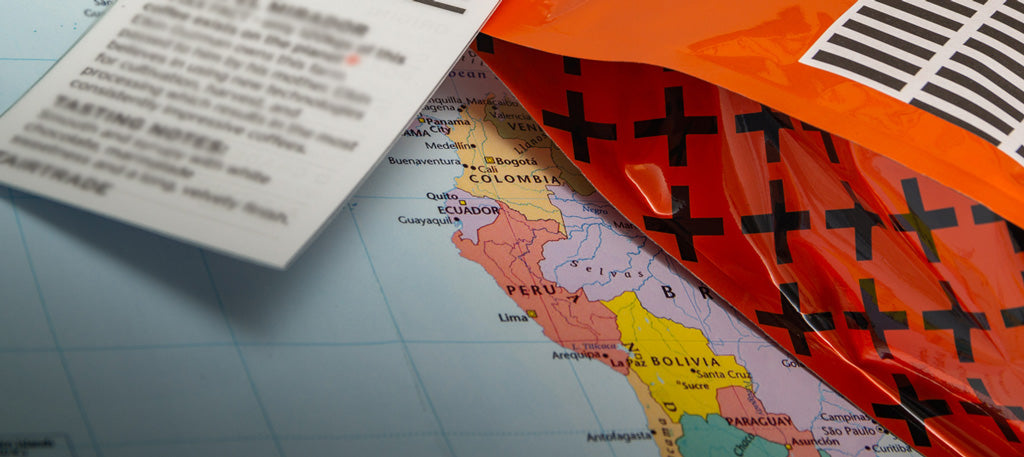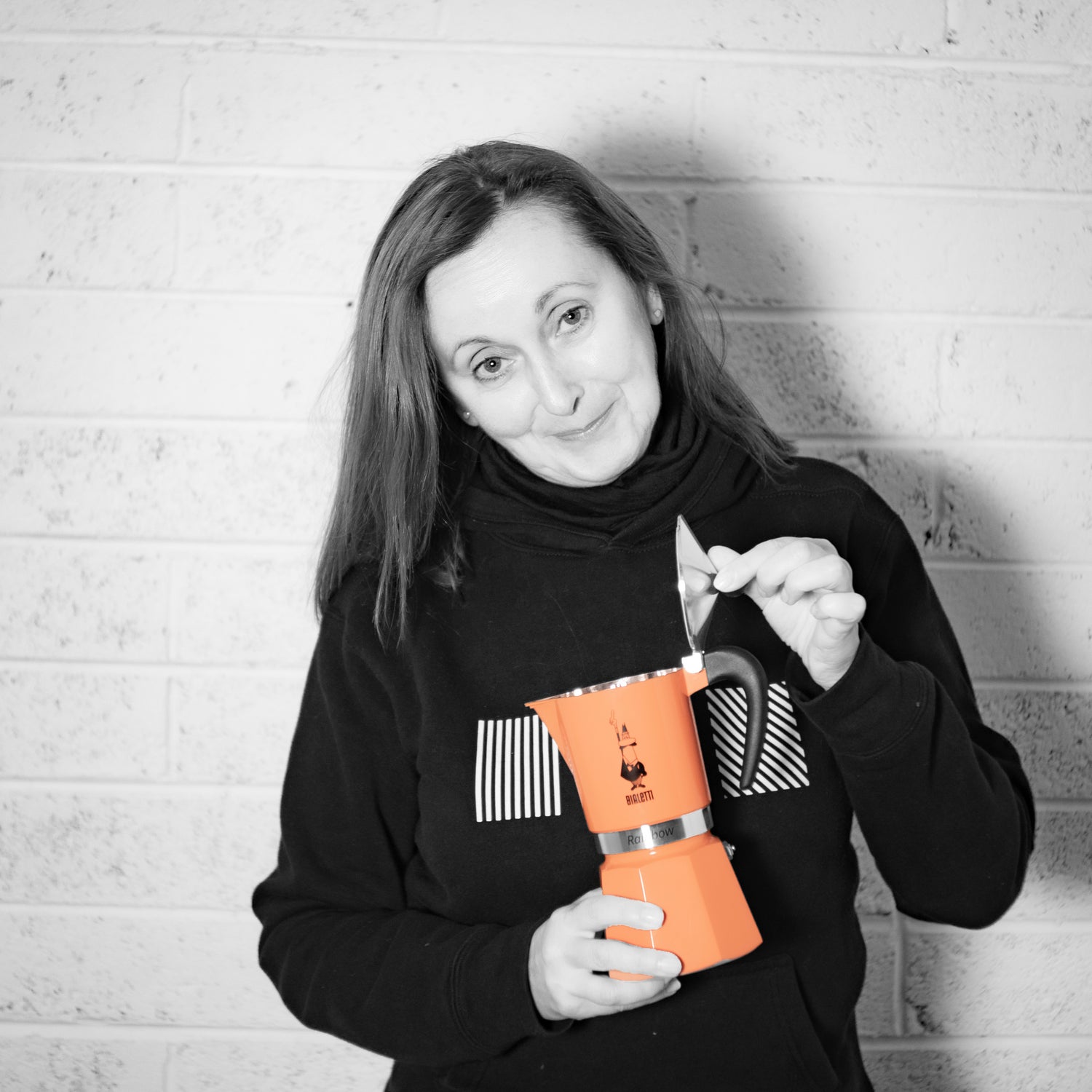
Origin trip 2019 - Colombia
It's good sometimes to take stock and acknowledge that no matter what we do in our lives we can seldom ever do it alone or in isolation. So this blog is a tribute to the coffee farmers the world over, whom along with their families and workers cultivate the coffees that features in our daily rituals of coffee drinking. I appreciate how lucky I am to enjoy what I do for a living, traveling to where coffee originates from and meeting the people involved is something that I never take for granted.



The green bean importers then sell on to coffee roasters whose job it is to roast the coffee beans, this requires skill and expertise. Once packaged, we hand the coffee over to cafes, restaurants etc. where professional baristas are tasked with understanding how to extract the very best from the coffee so that it reflects the original aspirations those farmers had at the start of the journey. We also have “non professionals” coffee lovers drinking and enjoying our coffee at home or at work.
Every coffee origin is different so every trip provides an opportunity to both learn and appreciate the conditions particular to that country. We get exposed to things such as new and innovative farming methods, unfamiliar varietals of coffee, and we form an appreciation around the challenges involved in the logistics and access to coffee plantations, the impact a rainy season can have positive or negative on a crop, the status quo (or otherwise) of the local political and economic landscape.
Then some discussions are more Global and far reaching and revolve around topics such as coffee plant disease, climate challenges, and sustainability issues, pricing concerns or labour shortages. All these factors play a part of the journey from the crop to the cup.

Deemed as the 4th largest producer of coffee in the world and with 6% of the world coffee market, more than two million Colombians rely on coffee for their livelihoods.
The appreciation and gratitude from the coffee farmers when they get to meet those of us whose job and privilege it is to represent their hard work in the market place is truly rewarding. AT FiXX the why of our business is to connect over coffee, whether with our suppliers, customers or the public at large.
Anne






